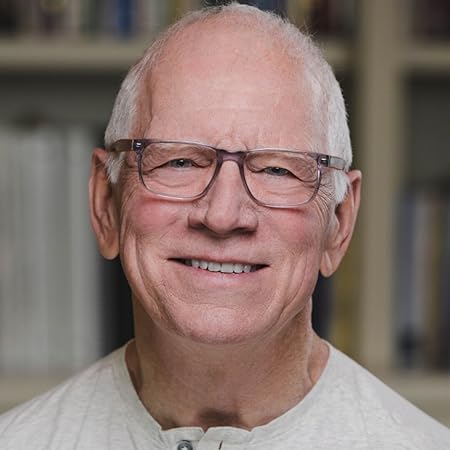At times, life seems to strike like arrows aimed at our every emotion, or it can hit like an earthquake shaking our very foundation—even, sometimes, the most critical foundation: our faith. And it certainly doesn’t help when everyone is yelling, “Run!” What should we do—what can we do, what must we do—in such times?…

When Life Overwhelms | An Exploration of Trust and Faith
LESSON 7 OF 44
25 min read
Membership Required
This content is only available to members. Please join to access this content.
Continue the Series
This series offers timely and relevant teachings on critical issues facing the church and society today. It includes powerful reflections on loneliness, the incarnation of Jesus, the significance of the cross, and practical guidance on living out Christian principles in everyday life.

